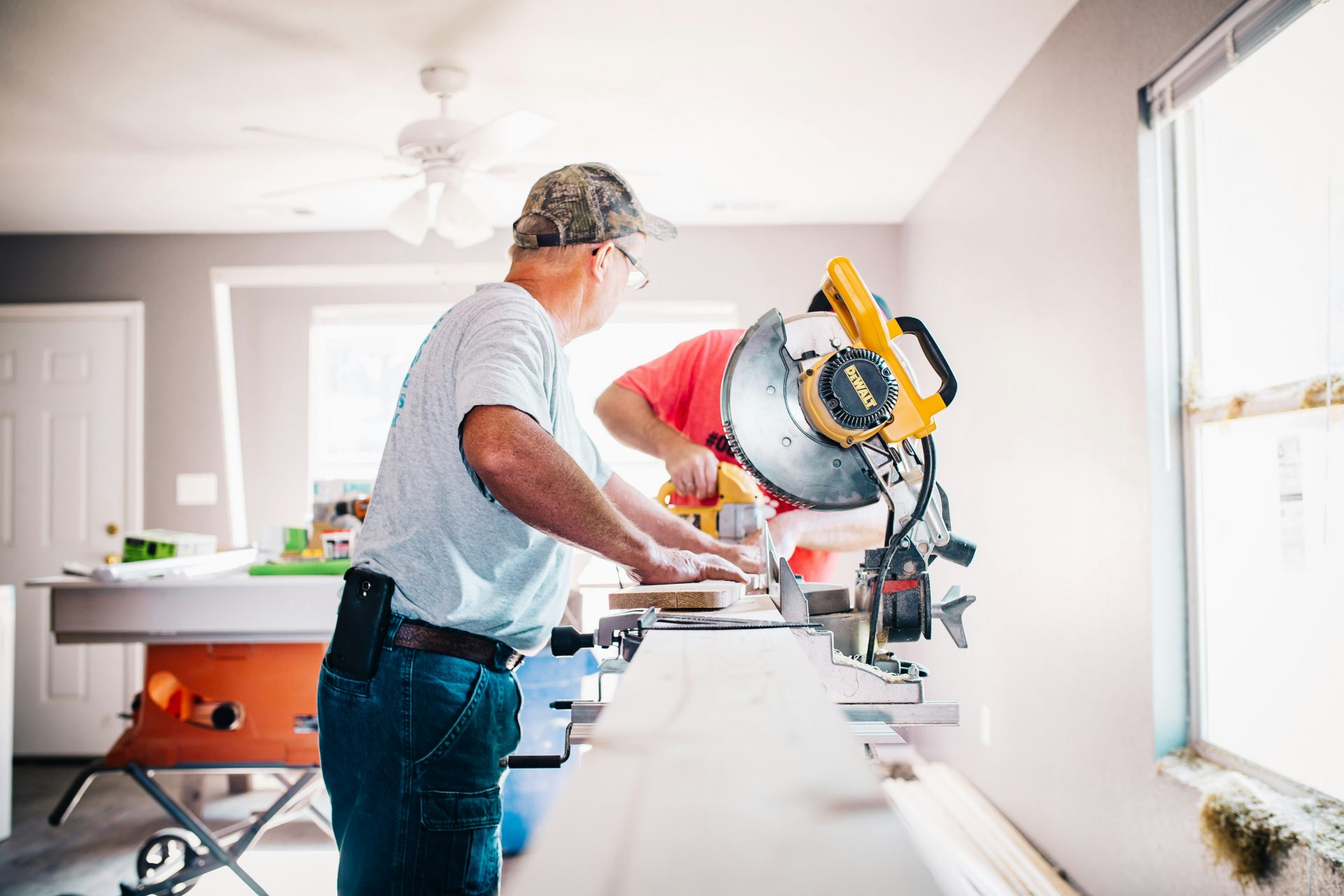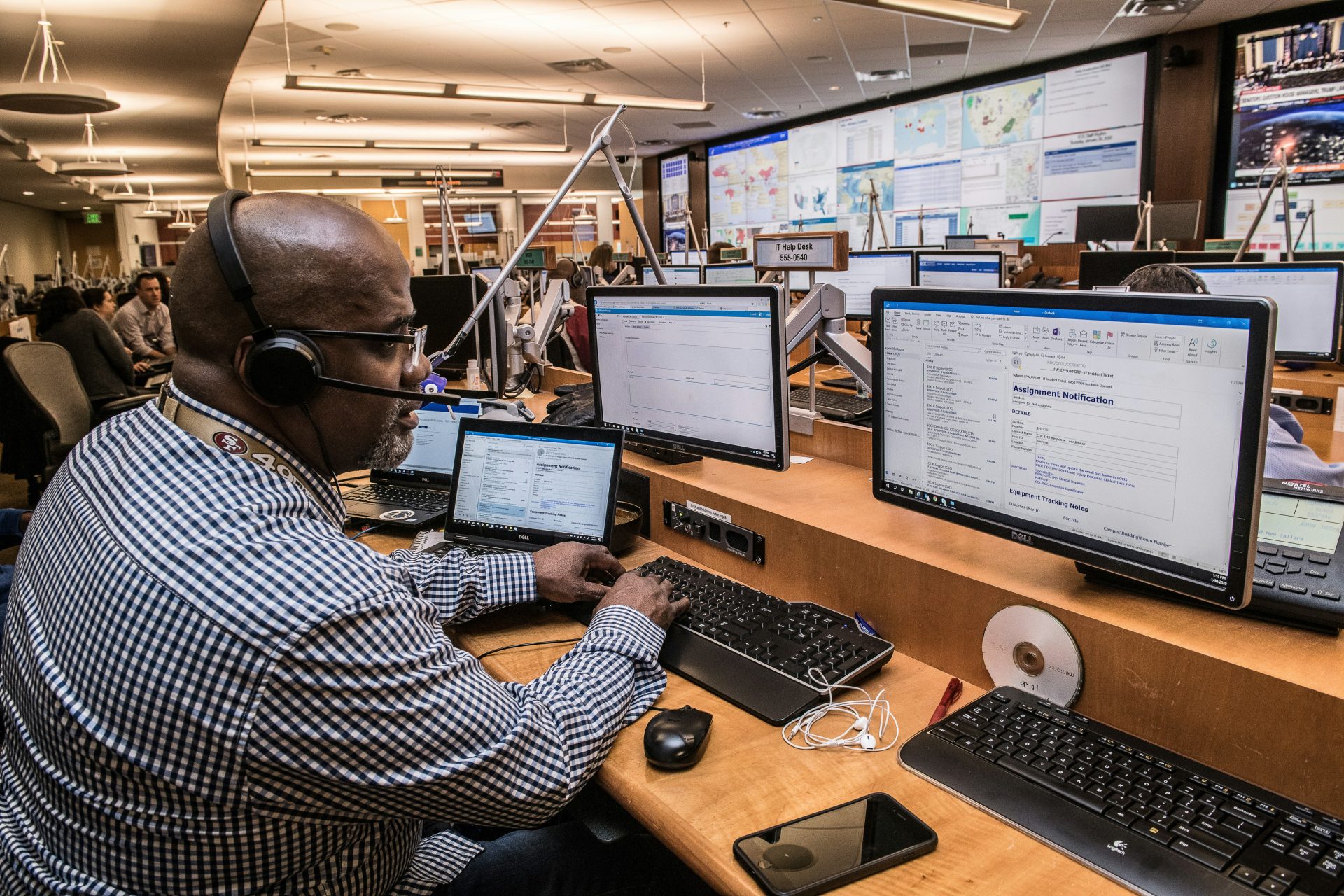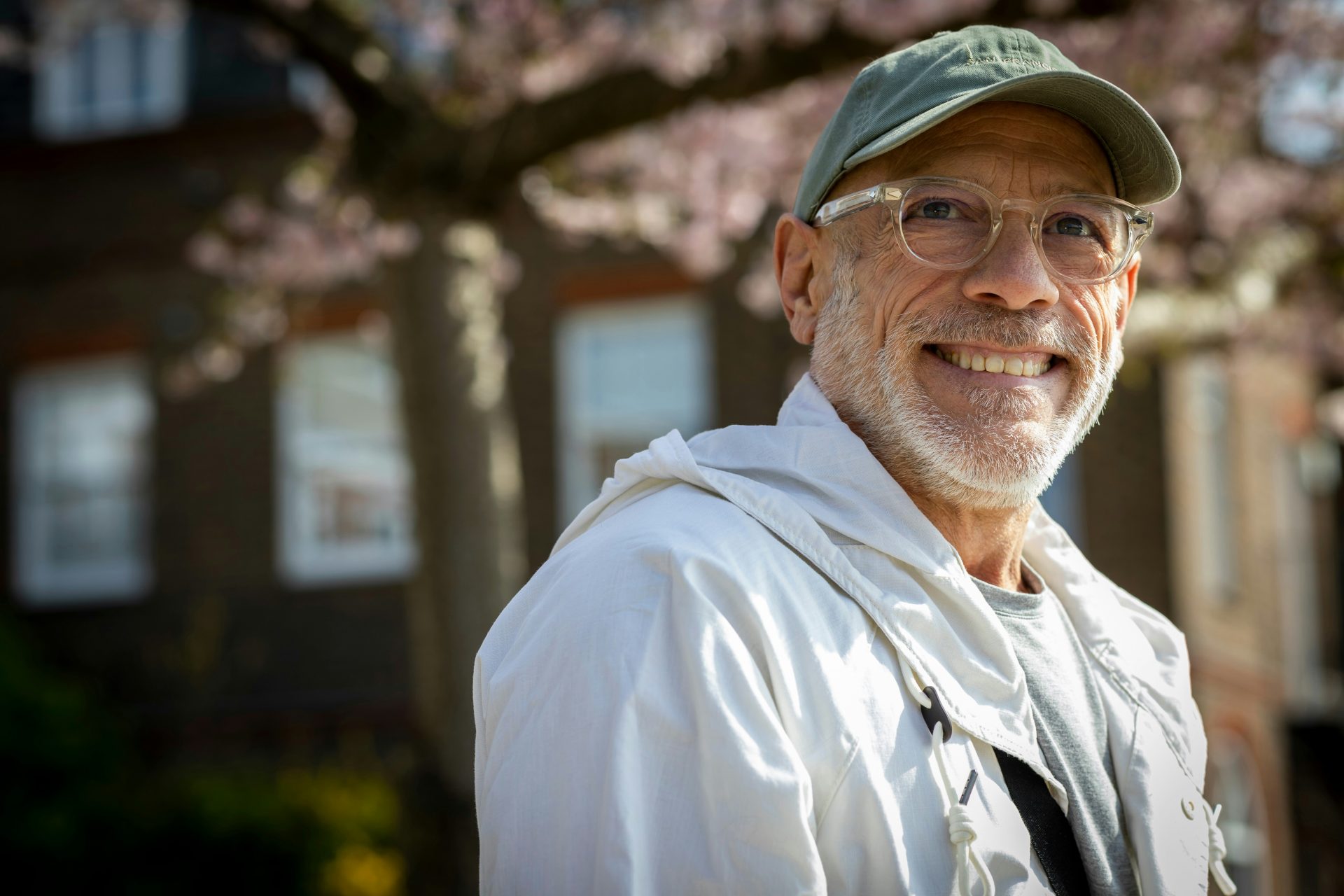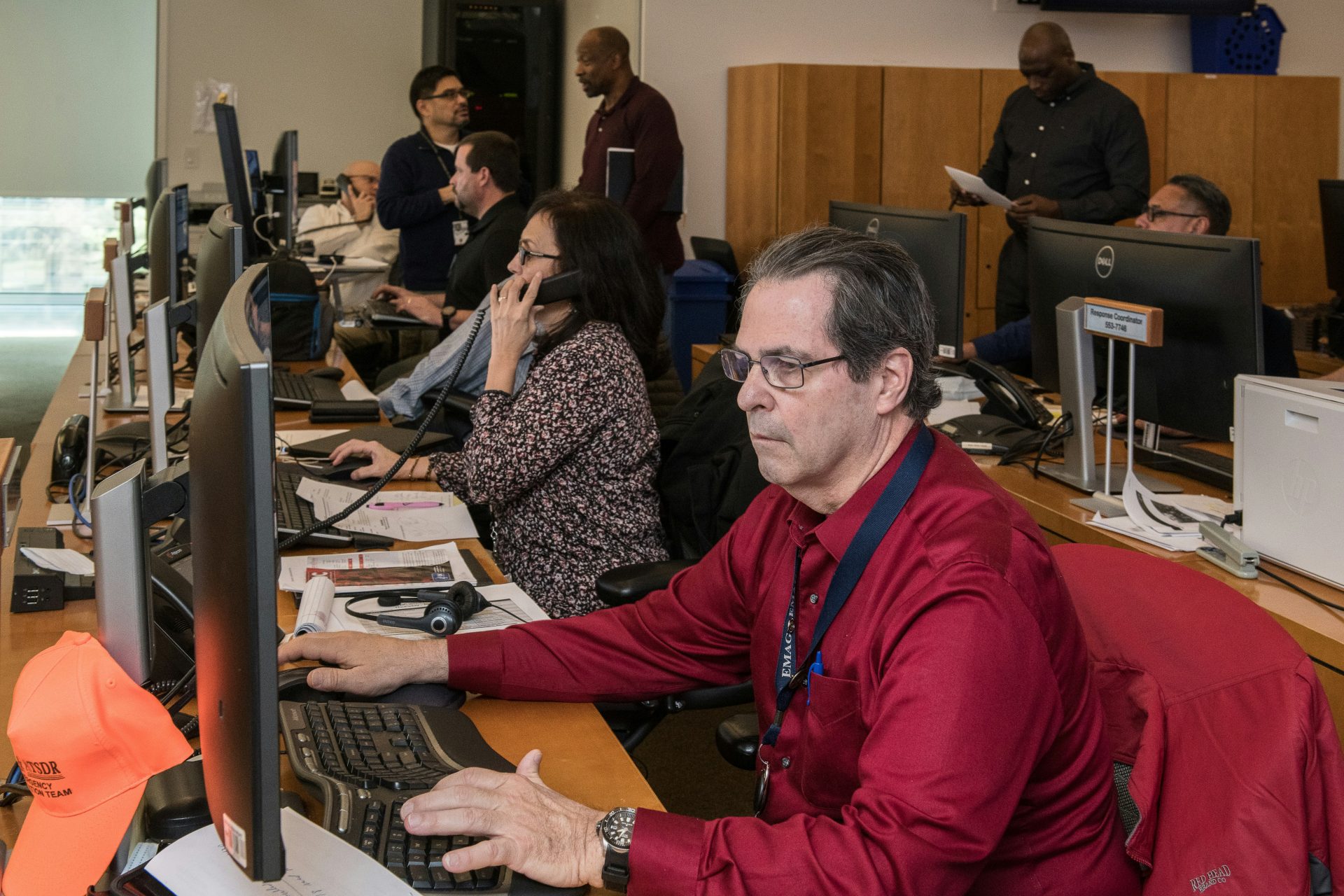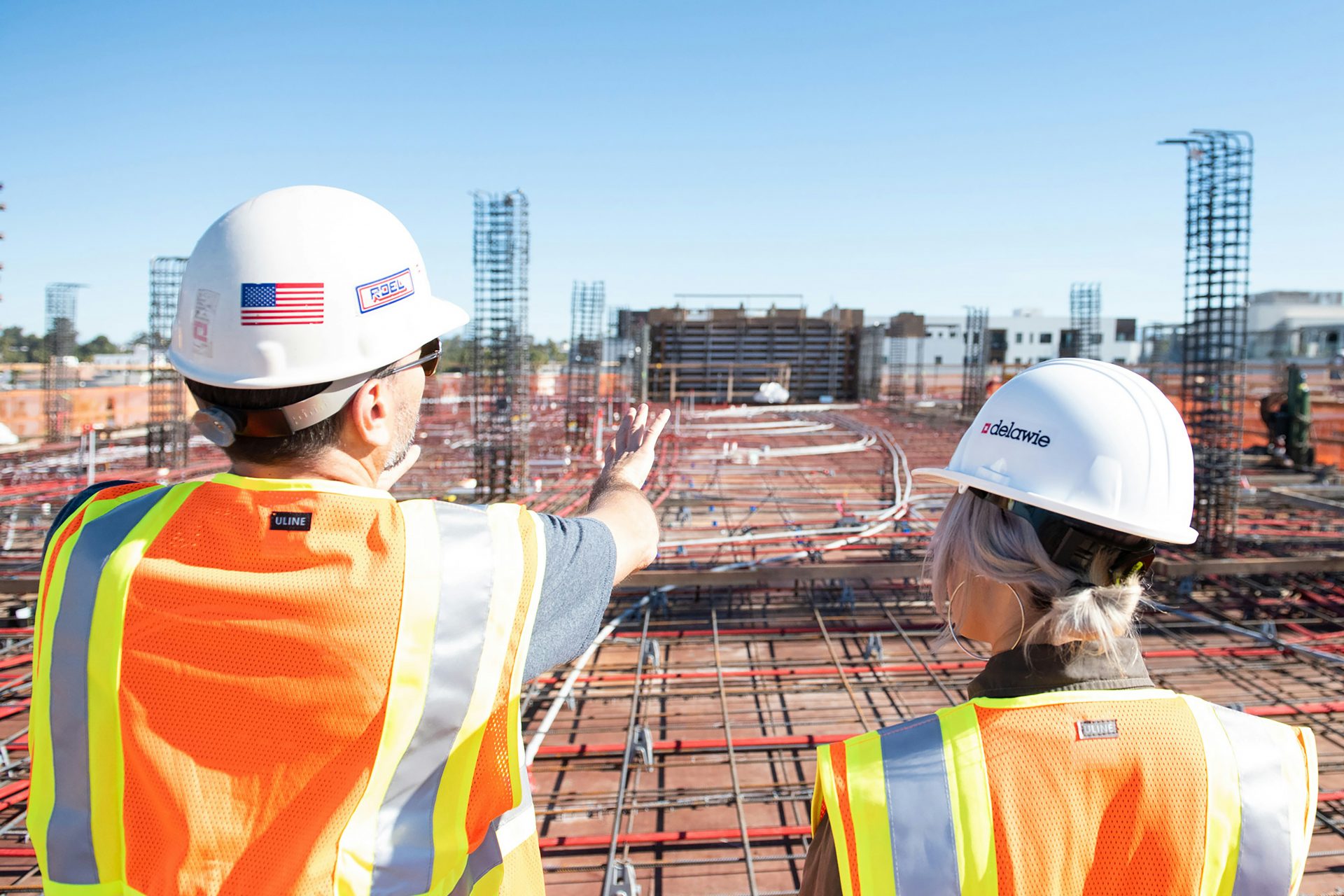More older Americans are working past retirement than ever, but why?
More and more older Americans are working past the age of retirement and it may be a big problem for younger generations. Here’s why some are deciding to work longer and how it will impact the country’s other generations.
Getting up-to-date statistics on retirement data in the United States isn’t always an easy task but there are general trends concerning the changing nature of work and retirement that can reveal what is going on across the country.
Photo by Vlad Sargu on Unsplash
For example, survey data from Gallup in 2022 revealed that the average retirement age in America had risen to 62 years old. This number was expected to grow by at least four years in the future, up quite a bit from the 2000s.
Photo by Carter Yocham on Unsplash
However, the average age of retirement in the United States doesn’t tell the whole story about what’s going on in the country. For example, statistics from the Labor Department showed many over the age of 75 still worked in 2022.
Photo by Annie Gray on Unsplash
Roughly one in twenty individuals over the age of 75 were still working in 2002 and that number had risen to about 1 in 12 by 2022. The trend of older workers is set to continue its rise into 2032 when 1 in 10 will still be working.
Photo by Wade Austin Ellis on Unsplash
In December 2023, Pew Research reported that older workers were not only staying in the workforce longer but that they were also earning higher wages. Nineteen percent of people over the age of 65 were employed in 2023.
Photo by CDC on Unsplash
The number of older workers at the end of 2023 was nearly double what it was over 35 years ago and 67% of those workers were employed in full-time positions and made an average income of roughly $22 dollars an hour.
Photo by Centre for Ageing Better on Unsplash
“In some ways, this isn’t surprising: We’re an aging society,” said Pew Research Center Senior Researcher Richard Fry according to The Washington Post. “But it isn’t just that there are more older adults in the workforce, it’s that a larger share of them are working.
Photo by Matt Bennett on Unsplash
What explains the growing trend of older workers comes down to several factors but the main issues come down to two choices: some decide to keep because they like it while others need to continue working in order to survive.
Photo by Centre for Ageing Better on Unsplash
“You can think of it as both a reflection of empowered preferences to go work more and longer — versus curtailed savings that force you into the labor force.” stated economist Kathryn Edwards according to Vox. “They’re both happening,”
Photo by Centre for Ageing Better on Unsplash
When it comes to those who choose to keep working, there isn’t any real explanation for their situation other than they want to continue being productive or enjoy being employed. But there are several reasons why others must continue working.
Photo by Centre for Ageing Better on Unsplash
For some, technological advances in work have made working into old age a lot easier since working from a computer is far different from previously physically demanding jobs an older adult wouldn’t be able to do, according to Vox.
Photo by TheStandingDesk on Unsplash
However, for those who have no choice but to work longer, there are several factors that have contributed to their situation. Chief among these are financial issues and a lack of proper retirement savings that would allow some to leave the working world early.
Photo by CDC on Unsplash
In September 2023, a YouGov poll commissioned by BankRate found 56% of the workers surveyed said they did not have enough for retirement while 37% indicated that they were significantly behind on their retirement savings.
Photo by Towfiqu barbhuiya on Unsplash
Data from the U.S. Census Bureau revealed in May 2023 that 50% of men and 47% of women between the ages of 55 and 66 had no retirement savings at all. This is a major problem when coupled with changes to Social Security.
Photo by Joe Holland on Unsplash
“Policy changes have discouraged early retirement,” wrote Pew Research Center in its analysis. U.S. workers can only receive their full Social Security benefits from 65 to 67, which Pew noted economists believe has forced many to hold off on retirement.
Photo by Adismara Putri Pradiri on Unsplash
However, having older workers stay in the workforce may not be hurting the prospects of younger workers. The Washington Post noted economists say it is good to have older workers in the workforce. But what does the future hold?
Photo by Sebastian Herrmann on Unsplash
CBS News pointed out that data from the Labor Department showed that the share of younger workers in the U.S. is set to flatline or be down slightly by 2032, so keeping people working may be necessary to power the economy.
Photo by David Siglin on Unsplash
More for you
Top Stories






